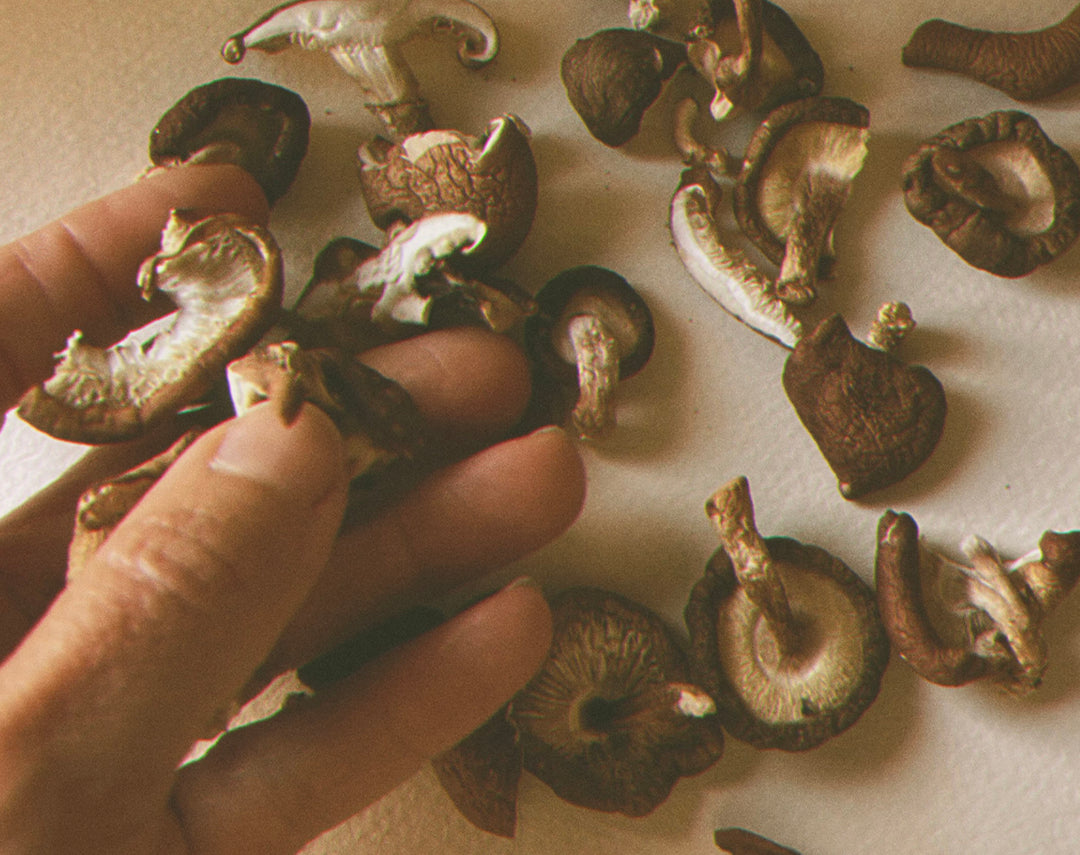THE ETHICS OF SANDALWOOD

When I think of the Sandalwood tree, tall, majestic and towering comes to mind. In reality, however, the world’s most hunted tree is small, modest, shrub-like. It’s entirely possible my appreciation of Sandalwood’s ancient spirit, deep reaching psycho-active aromatics, exceptionally slow growth and high commodity value bestows this warped image of physical grandness. Also, unlike Christo who travelled extensively through India and South Western Australia, I have never seen this tree in real life.
Sandalwood trees are root hemiparasites (similar to mistletoes) and need friendly host trees to thrive. In Australia, Sandalwood’s natural companion is the Raspberry Jam Wattle (Mungat), a ‘nitrogen fixer’ that channels nitrogen from the air into the soil around its roots, providing food for surrounding plants.
The Sandalwood family (Santalalceae) includes over 400 species, but it is the tropical Sandalwood (Santalum Album) native to India, and the Santalum Spicatum (also called Quandong), indigenous to the temperate arid plains of Western Australia, which rule the world of aromatic wood.
After decades of whole trees being ripped out roots and all to feed ever increasing global demand, Indian Sandalwood is now an endangered species. Whereas here in Australia, after cattle grazers were banned from cutting the aromatic timber to supplement their income and mass export to Asia and Europe was stopped, regulations for ethical harvesting of Sandalwood were introduced in the 1920s, with micro management of wild harvesting, high penalties for illegal cutting, and strict guidelines for replanting sandalwood plantations.
It’s for this very reason we have thus far only used the lighter, less intense Australian Santalum Spicatum in our compositions, but I am quietly excited to receive my first shipment of sustainably produced, intensely complex Australian Santalum Album. Ridiculously expensive, but rightly so, for this is one mighty tree indeed.





Leave a comment